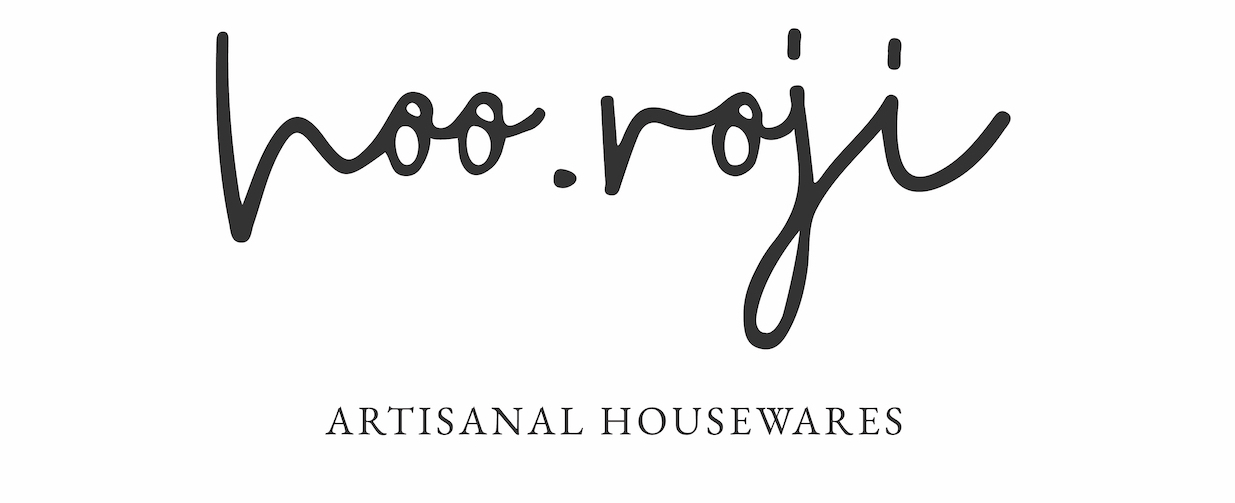found 0 items
WATO is a metalworking and design studio based in Kamakura City, located south of Tokyo. It is found and operated by craft artists Kasumi Ogasawara and Satoshi Saito. They specialize in the production of unique metal housewares from brass. Each piece is delicately handcrafted to show the best of the material and stand the test of time. They would love to promote Japanese craftsmanship and tradition through their practical objects and hope to connect people with the essence of their handicrafts.
Michele Hickey Gemin received a Bachelor of Fine Arts degree from F.I.T. in New York City. After living in New York, London and Krakow, she settled in Venice where she opened her studio LAM Ceramica.
Combining the techniques of wheel-throwing and hand building, she creates functional ware that is minimal and sculptural in design.
AIZAWA Wood Works was founded in 1948 by Kenji Aizawa. Beginning as an apprentice in joinery, he started his own woodworking company and produced wooden boxes. Later, the company became a manufacturer that handles various wooden products, mainly wooden utensils. The beautiful plates and trays are handcrafted from a single piece of wood and finished with natural walnut oil or a non-toxic liquid glass coating. This series is named “KITO,” meaning “with Tree” in Japanese, to spend our daily life in touch with the essence of the wood.
Fuqugi is a wood workshop founded by designer and musician Daiki Sakae in Kirishima, Japan. Fuqugi is named for an evergreen that grows in Sakae’s native Okinawa. They offer a range of beautiful wooden products, including tableware and planters, inspired by nature and often emphasize the clear, smooth grain of Japanese cedar. Please enjoy the expressive looks of the soft grains of Japanese cedar.
Founded in 1897, Futagami historically designed Buddhist statues and altarpieces cast from solid brass. They maintain true to their roots with unwavering attention to quality craftsmanship while exploring modern homeware aesthetics. In collaboration with designer Oji Masanori in 2009, he added a contemporary touch to the brand. Sand-casted molds result in the distinctive crude-cast texture that is Futagami’s signature, allowing each product to develop a rich and unique patina over time.
The brand name means "porcelain in modern times." It also denotes "seize the day" in Buddhist words. Jicon is rooted in the history of the Imamura pottery family and the kiln they derive from, Touetsugama kiln founded 350 years ago in the Saga Prefecture. It was launched in collaboration with designer Oji Masanori in 2012 as an outgrowth series of porcelain products with versatile functions for daily use. The 13th generation of the Imamura pottery family, Hajime Imamura continuously carries on the craftworks by using the crafting techniques and the traditional material Amakusa Touseki (porcelain stone) of Arita city. Their creation series and handmade pieces have been widely exposed domestically and internationally.
The Susumuya Tea House has grown out of a collaboration between the designer Oji Masanori and Tatsuo Umehara, third generation potter at Hokuryu Kiln, who carefully turns each piece separately on a wheel before assembling the parts and precisely fitting the lid. The teapots are left unglazed, the color developing during firing as the surface of the red Tokoname clay turns a deep, even black - a porous finish that will grow and change over time. Together they created a line of traditional Japanese teaware with a contemporary shape, designed to be used daily and treasured for a lifetime.
A skillfully handcrafted ring-shaped pot stand is from Takada. It is made of hardy and heat-resistant shuro palm fibers, a sustainable material from Wakayama of Japan. It perfectly protects tables and kitchen surfaces while gripping pots and pans.
Traditional handcrafted Takazawa Candle was established in 1892. Eco-friendly WA-ROUSOKU (Japanese candle) is crafted from plant-based raw materials such as rice bran, canola flower oil, and the fruits of the URUSHI and HAZE (sumac) tree. The wick is made of a combination of WASHI-paper, rush weed, and silk fiber, all derived from nature as well. The Takazawa candle flame burns larger and brighter due to the structure of the unique wick, which is much thicker in diameter and releases only a subtle odor when extinguished. 'WA-ROUSOKU' is made in handcrafted techniques and materials that have not changed since the 16th century, and today they are made by a handful of Japanese craftsmen.
Candles can be lit to make time for meditation or yoga, both of which restore calm to the body and mind, ease tension after returning home from work, or promote enjoyable conversation with the family at dinner time. It is perfect for making quality time that lasts until the flame extinguishes itself. They have also come to be used as a way of making time for ourselves in busy, modern life.
Before becoming a professional ceramist in 2019, Masakazu Yoshida had been engaged in Uji Tea Pottery Asahi for about 13 years. He currently lives and works in Ashiya City, Hyogo Prefecture, Japan. The place is bordered by Osaka Bay in the south and Mount Rokko in the north. It is a peaceful city surrounded by the beautiful colors of the four seasons. As a nature lover, it inspires him to create his ceramics. The collection was created with sincere appreciation for nature, infusing nature-inspired patterns that offer a refreshing delight to the feel and add an elegant touch to the table setting.
Hori Kouji is a talented self-taught carpentry based in Nagasaki, Japan. He started doing woodwork because the world is full of numbers and inorganic things, and he wanted to integrate the healing power of wood into our daily lives! These simply shaped wooden plates and trays aim to infuse the essence of the material into daily living. The forms take a cue from the tree itself. It takes about a century for the tree to grow thick enough in diameter to manufacture serving pieces. People may feel the flow of time in his simple but full of personal characteristic works.
Yamanone Glass is located in Okayama Prefecture, Japan. Founders Gaku Kato and Junko Tanaka underwent nearly ten years of training under the guidance of Naoya Arakawa at the "Seikosha Glass Studio" in Kyoto, which laid a solid foundation for their glass creation. Through the use of those crystal-clear glass works, they hope to bring user brighter and shining moments every day.
Item(s) added to cart!
Sorry but this item is in high demand and we only have pieces left. Please adjust your quantity accordingly.




